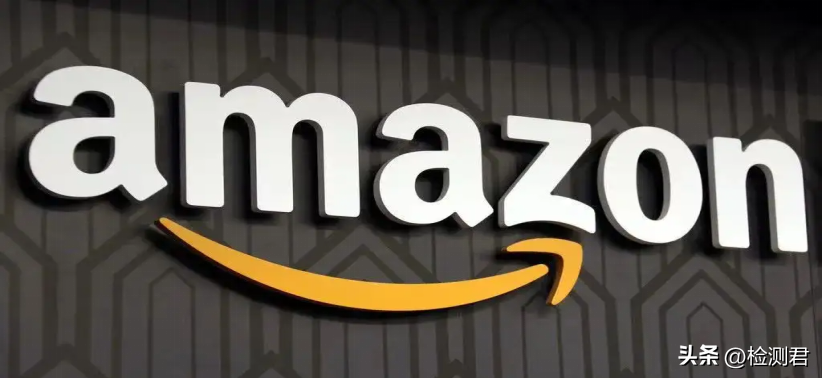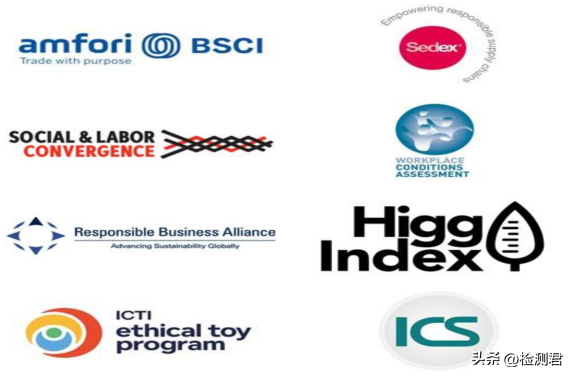1.Introduction to Amazon
Amazon is the largest online e-commerce company in the United States, located in Seattle, Washington. Amazon is one of the earliest companies to start operating e-commerce on the internet. Founded in 1994, Amazon initially only operated online book sales business, but now it has expanded to a relatively wide range of other products. It has become the world’s largest online retailer with the largest variety of goods and the world’s second largest Internet enterprise.
Amazon and other distributors provide customers with millions of unique new, refurbished, and second-hand products, such as books, movies, music, and games, digital downloads, electronics, and computers, home gardening products, toys, infant and toddler products, food, clothing, footwear, and jewelry, health and personal care products, sports and outdoor products, toys, automobiles, and industrial products.

2. Origin of industry associations:
Industry associations are third-party social compliance initiatives and multi-stakeholder projects. These associations have developed standardized social responsibility (SR) audits that are widely accepted by brands in many industries. Some industry associations have been established to develop a single standard within their industry, while others have created standard audits that are unrelated to the industry.
Amazon works with multiple industry associations to monitor suppliers’ compliance with Amazon supply chain standards. The main benefits of Industry Association Auditing (IAA) for suppliers are the availability of resources to drive long-term improvement, as well as reducing the number of audits required.
Amazon accepts audit reports from multiple industry associations, and it reviews industry association audit reports submitted by suppliers to determine whether the factory meets Amazon’s supply chain standards.

2. Industry association audit reports accepted by Amazon:
1. Sedex – Sedex Member Ethical Trade Audit (SMETA) – Sedex Member Ethical Trade Audit
Sedex is a global membership organization dedicated to promoting the improvement of ethical and responsible business practices in global supply chains. Sedex provides a range of tools, services, guidance, and training to help companies formulate and manage risks in their supply chains. Sedex has over 50000 members in 155 countries and spans 35 industry sectors, including food, agriculture, financial services, clothing and apparel, packaging, and chemicals.
2. Amfori BSCI
The Amfori Business Social Compliance Initiative (BSCI) is an initiative of the Foreign Trade Association (FTA), which is the leading business association for European and international businesses, bringing together over 1500 retailers, importers, brands, and national associations to improve the political and legal framework of trade in a sustainable manner. BSCI supports more than 1500 free trade agreement member companies, integrating social compliance into the core of their global supply chains. BSCI relies on its members to promote social performance through shared supply chains.
3.Responsible Business Alliance (RBA) – Responsible Business Alliance
Responsible Business Alliance (RBA) is the world’s largest industry alliance dedicated to corporate social responsibility in global supply chains. It was founded in 2004 by a group of leading electronics companies. RBA is a non-profit organization composed of electronics, retail, automotive, and toy companies dedicated to supporting the rights and welfare of global workers and communities affected by global supply chains. RBA members are committed to and accountable for a common code of conduct and utilize a range of training and evaluation tools to support the continuous improvement of their supply chain’s social, environmental, and ethical responsibilities.
4. SA8000
Social Responsibility International (SAI) is a global non-governmental organization that promotes human rights in its work. SAI’s vision is to have decent work everywhere – by understanding that socially responsible workplaces benefit businesses while ensuring fundamental human rights. SAI empowers workers and managers at all levels of the enterprise and supply chain. SAI is a leader in policy and implementation, working with different stakeholder groups, including brands, suppliers, government, labor unions, non-profit organizations, and academia.
5. Better Work
As a partnership between the United Nations International Labour Organization and the International Finance Corporation, a member of the World Bank Group, Better Work brings together different groups – governments, global brands, factory owners, trade unions, and workers – to improve working conditions in the clothing industry and make it more competitive.
Post time: Apr-03-2023





